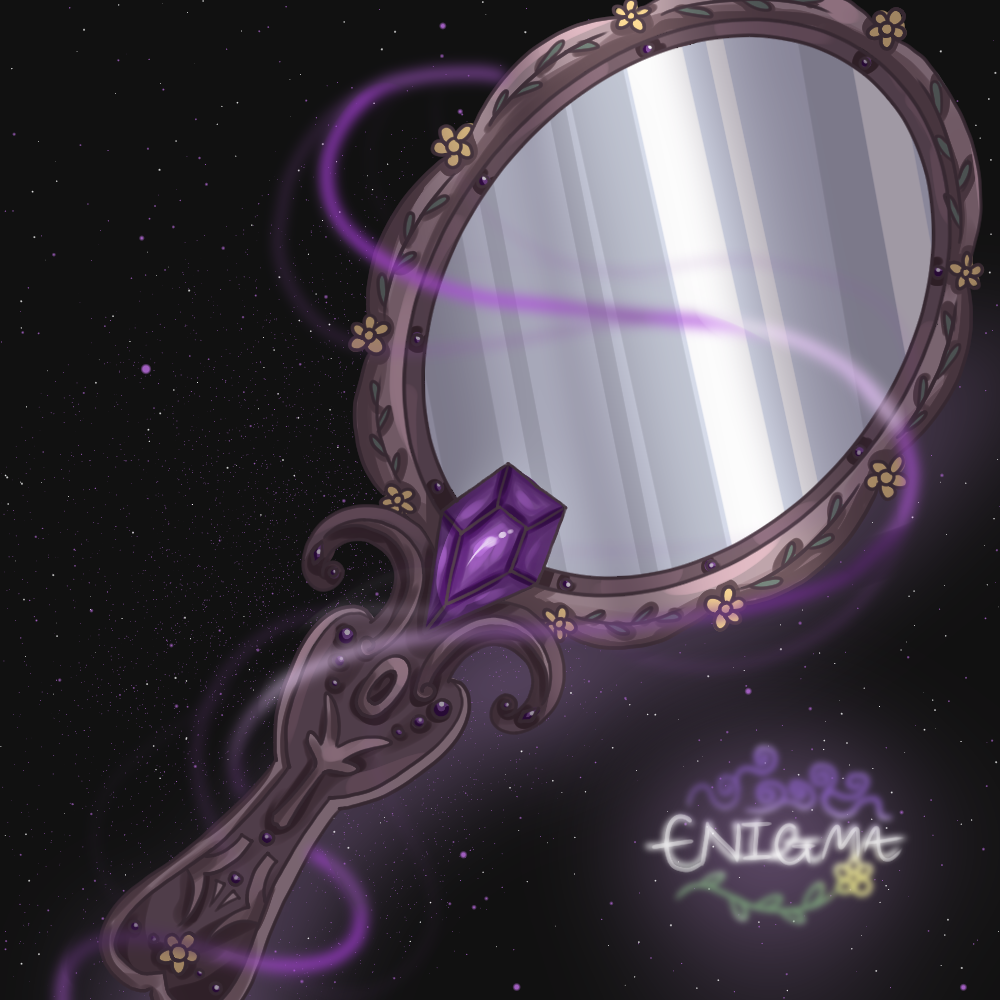I stared at my own reflection and wondered if I was right.
There’s one major problem with all psychological knowledge–nobody can apply it to themselves. We humans can be remarkably perceptive about the shortcomings in our friends, spouses, and children, yet when it comes to our own inner workings, we’re often in the dark.
The same people who are cold and clear about their surroundings have nothing but pieced together fantasies about themselves. Psychological knowledge doesn’t work if you look in a mirror.
All you see is a person staring right into your eyes. This bizarre phenomenon is, as far as I know, unexplained.
Personally, I’ve always believed that a hint could be found in computer programmes through a process known as recursion. Recursion means making the program loop back on itself, using its own data to perform tasks repeatedly until it achieves a desired outcome. Similar to the process of elimination or making decisions based on experience. You use recursion for certain data sorting algorithms and alike. However, it must be done carefully or you risk having a programme that falls into what is known as infinite regress. It’s the equivalent of mirrors facing one another, mirroring each other, reflecting mirrors smaller and smaller, stretching away into infinity, but nothing happens—the machine inevitably hangs.
I’ve always assumed that when people turn their psychological insight on themselves, something similar must happen. The brain stalls. TThe thought process goes on and on, but it never gets anywhere. It is probably something similar because we know that people rarely think about themselves and achieve a plausible conclusion. Sadly most people never understand themselves better, and it’s extremely rare to find genuine self-knowledge.
It’s almost as though we require an external perspective to reveal our true selves—a mirror held up by someone else. Which, if you think about, is very strange.
Or maybe it isn’t.
There’s an overused question about artificial intelligence is whether a program can ever be aware of itself. Most programmers would argue it’s impossible, and many have attempted and failed to achieve it.
But there’s a much more fundamental question, a philosophical question about whether any machine can truly understand itself. Some argue it’s impossible as well. The machine can’t know itself for the same reason you cannot bite your own teeth. And it certainly seems impossible; the human brain is the most complicated structure in the known universe, and despite its staggering complexity, it knows remarkably little about itself. Or, what they think they are.
Now, as you are reading this. Do you know what you are? You, an individual in a sea of people, each capable of thinking, distinguishing right from wrong, experiencing real emotions, and navigating their unique daily lives. You may perceive the world through your own eyes and touch it with your fingertips, but that’s your unique perspective, entirely your own. Everyone else inhabits a parallel universe seen through their own eyes..
If you do understand this, hopefully you have your own consciousness and body.
But have you ever wondered who you were or who was controlling your body before you first achieved consciousness around the age of three? When you first knew your name, your guardians cell phone numbers, how to find your way home, how to respond and run over when someone called your name? Yet, this was only the first step. As first memories stabilised and habits formed, you confronted the second ‘wall’ is about self consciousness, often triggered by intense emotional realisations. When you finally confronted and embraced those ‘imperfect’ aspects of yourself, recognizing that no one can assist you better than you can, as everyone harbours their own motives and reasons. Even seemingly ordinary experiences serve a purpose solely for your own growth and your future. But even then, isn’t it really magical that you are capable of this important skill of cognition? You know both the observable physical “you” and the conceptual “you”, whoever you may be as you read these words right now.
Written by Sophia Kong and edited by Muskan Singla. Published on 17/9/23. Header image by Marianna Wang.

